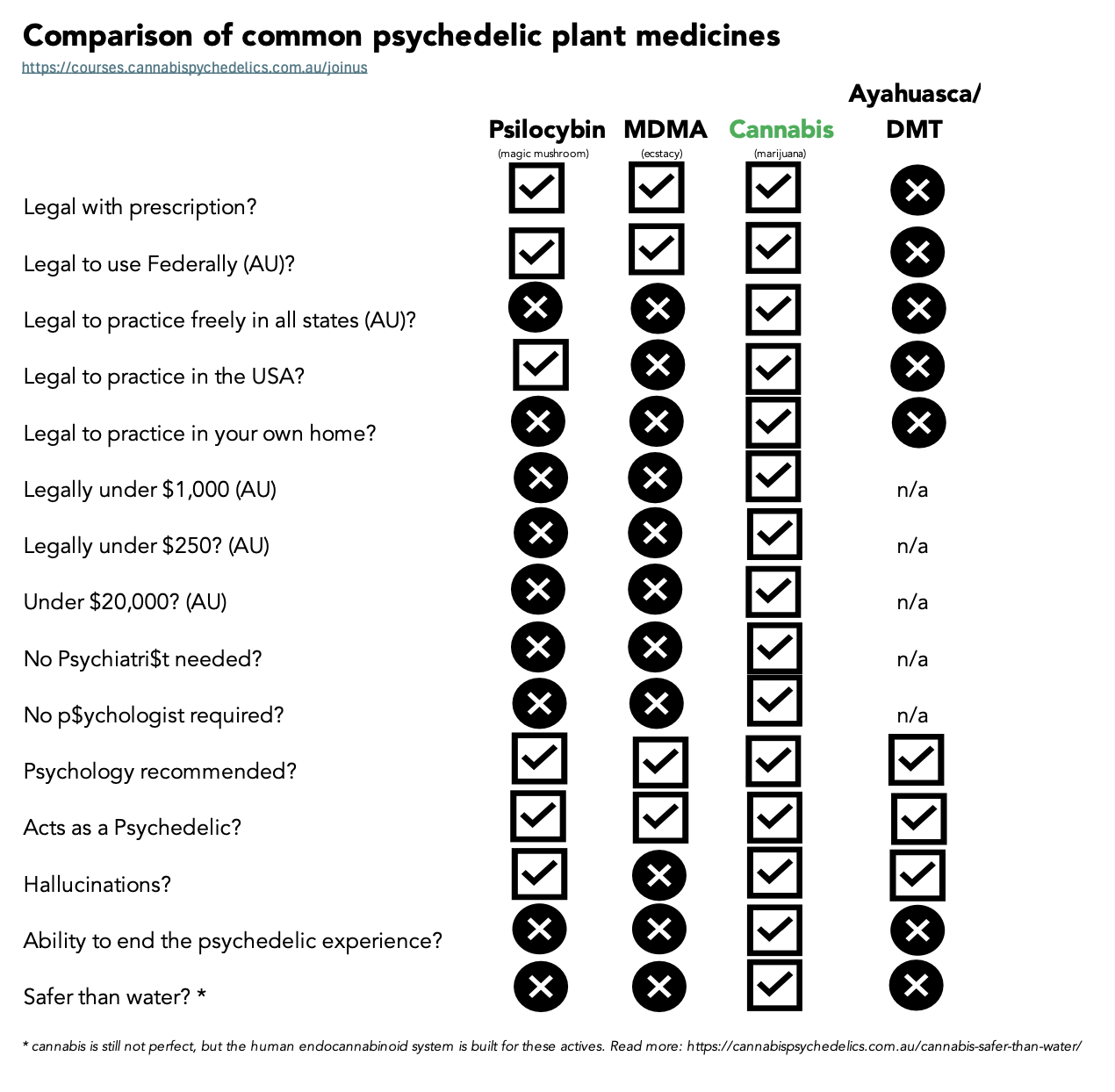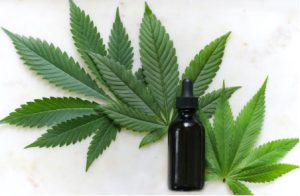
2025 – Centenary of Cannabis Prohibition
It has been 100 years since the prohibition of a

California is considering a price of legislation (Psychedelic Wellness and Healing Initiative) that means by 2026 LSD and psilocybin mushrooms, along with MDMA, Ayahuasca/ DMT, Ibogaine, Mescaline and medical Cannabis may be produced and purchased in stores. The cannabis industry is not happy as this will likely take over the existing Californian cannabis industry, which is heavily taxed.
Consumers (especially those with serious health conditions) will be happy, as these products will reduce in price even further. Price per pound of flower has already reduced from $1200 to ±$300 by 2021. It costs roughly $150 to produce a pound, and is then taxed $160 *on top* of that, which means to stay in (legal) business is making a loss.
Currently most regular cannabis users still don’t buy legal cannabis – they still buy on the black market, due to heavy taxes inflating prices. This will likely change that and bring a true legal industry.
The exact details of the proposal are not complete yet, however it is already interesting to see that Cannabis is starting to be recognised within the definition of a psychedelic.
I was at a talk recently in Byron Bay where a number of panellists I highly respect had a lot of things to say, and the audience also.
The panelists seemed to talk from the perspective of clinical trials. What’s wrong with that I hear you say? Science is good. Clinical trials bring clarity and direction. Yes. And, no. What I mean is that these clinical trials are based upon psychedelic substances whose mode of action are not yet know. And they are attempting to run gold standard placebo controlled studies when it is not possible to mimic the effects of placebos, which therefore affecting trial results.
Good conversations where had, however I felt they were missing the elephant in the room: all the panellists were academics. Academics being paid to run clinical studies. Clinical studies are (generally) run by for profit organisations that are looking to patent a drug. So now, in their world, Psychedelics that have been used for thousands of years are ’tweaked’ or run through a protocol where ‘hand holding’ or similar is included and patented for profit. Of course, there are (wonderful) organisations such as PRISM and MAPS that support clinical trials without the need for patents or profits, but these are not the norm.
When you consider regular psychedelic therapy costs ±$25,000 per person, you wonder where most of that money goes? Mainly to the psychologist/ psychiatrist who is overseeing the trials and are seen as the best people to discuss this industry. And in gold standard trials at least two people are required in the room, who maybe paid $500/hour. Consider 8 hours for the ‘trip’. There goes most of the money. And then the drug company who is sponsoring the trial/ specific drug has to make some $ – and that is not easy, hence the low quantity of clinical studies in this space. There goes more of your money. And why do they have to make so much money? They are required to prove a substance works within the guidelines of the TGA – so legislation demands this. And in Australia, for example in the state of NSW a psychiatrist must apply to the Government for each and every client. And then, they can only offer treatment in a Private Hospital = more $, or fly to Victoria or Qld where they may practice the therapy in a community clinic = more $
Now, I am not saying any of the above is wrong. I am saying it is not affordable medicine for most people. And, if you ask psychologist, psychiatrists, the Government and those involved in clinical trials about the model for a psychedelics industry then they obviously have a conflict of interest. If you ask the industry and public – you may get a different story. The TGA did not accept the idea of an advisory board made up of industry, so we get to where we are today.
So, when you go to a conference – be sure to list to the Scientists, Psychologists, Industry leaders, the underground practitioners, and the shamans whose cultural history in the use of these substances that lead to non-ordinary states of consciousness is probably a significant guiding light to how they should be used.
I wonder if capitalism has finally met its match – can psychedelics evolve our thinking on this level?
Do I believe in the use of all plant medicines – yes! They are all different, and all have their place. My 30 years of work with cannabis allows me some personal agency to communicate on behalf of this often-misunderstood plant.
I made this chart to share some comparisons with the current model of legal psychedelics today (and likely the next few years) with that of cannabis psychedelics, something I believe should be focussed on more. But Psychedelic Institutions and Academics are not talking about cannabis psychedelic use because they are not paid to. Who would fund a trial for a plant that is so widely available and growing more widely available. A plant who can be used for psychedelic therapy in a home setting, without an expensive psychiatrist or expensive prescription. An issue is that cannabis is generally considered ‘recreational’ (as all psychedelics are/ were?). So that is why facilitators are now studying cannabis psychedelic therapy as they can offer the therapy in their own home or clinic for less than $1,000 and still make positive and dramatic changes with cannabis, the gentlest of all the psychedelics.

It has been 100 years since the prohibition of a

Cannabis Psychedelics: The Ancient Greek Secret to Creativity, Wellness, and

A new study funded by the National Institute on Drug